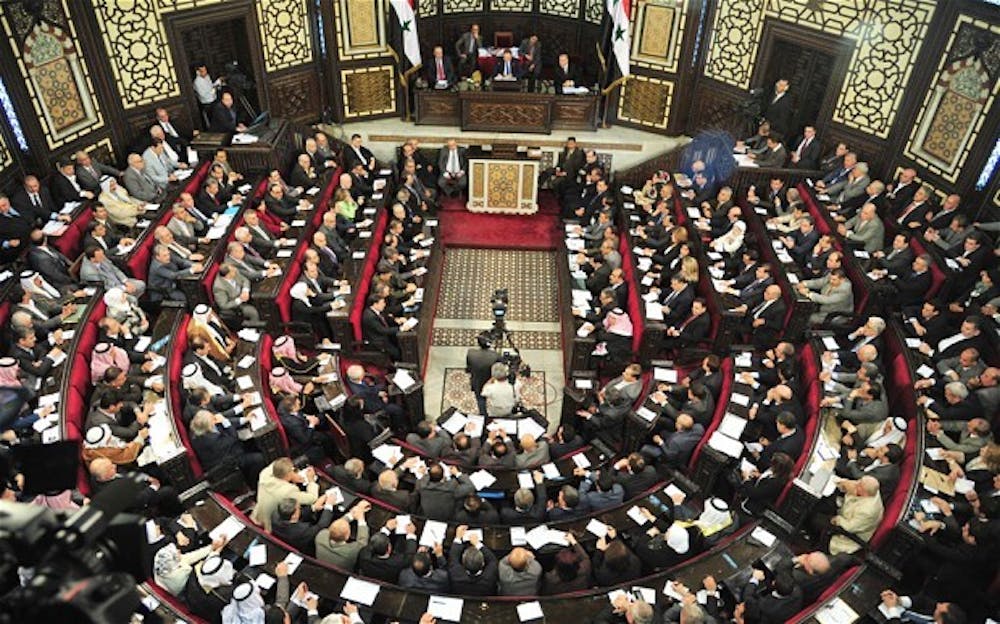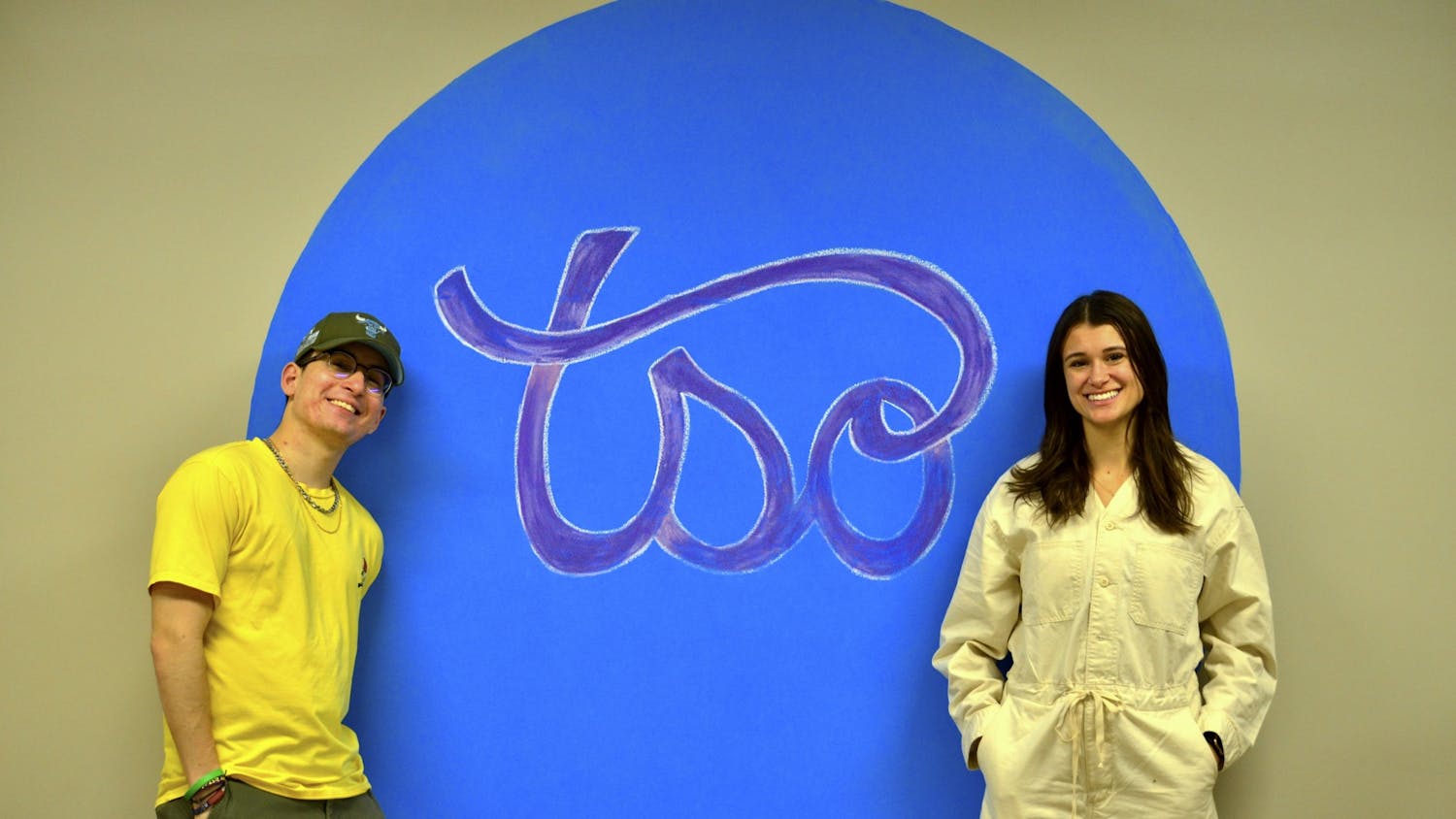By Joe Friedrichsen | Echo
Imagine yourself trying to vote in a war zone, with the sounds of gunfire and distant explosions in the air.
The Syrian government announced Monday that it will hold a presidential election on June 3, 2014, according to the Los Angeles Times. This news comes after a pair of mortar shells struck near the Parliament building in central Damascus on April 15, highlighting the continued violence in the nation.
Western countries criticized the decision to hold presidential elections amid a conflict that has claimed the lives of over 150,000 people and driven a third of the population from their homes.
British Foreign Office Minister Mark Simmons denounced the idea of the Syrian regime holding elections while continuing attacks on its own citizens. Such action by the government proves the elections are a farce meant to prop up Assad's dictatorship, according to GOV.UK.
"Elections conducted on this basis fall far short of any international standard, and their outcome will have no value or credibility," Simmons said.
Monday's announcement was widely expected. Syrian opposition groups have spent four years of civil war seeking to remove current President Bashar al-Assad from power. Assad's presidential term ends in July, and Syrian authorities do not want a power vacuum in the midst of a war. President Assad is expected to win another seven-year term should the election take place.
The government could have extended Assad's term for an additional two years with an emergency decree. Syrian officials concluded that holding an election would affirm Assad's leadership and send a message of resolve to friends and foes in Syria and abroad. Unlike previous elections in Syria, in which voters could only vote yes or no to Assad's rule, this year may be the first with other names on the ballot, according to the Washington Post.
Conducting an election in the war-torn nation will pose a tremendous logistical challenge for the government. Syrian officials gave no details on how balloting would be accomplished in contested zones and areas of the country that are no longer under government control. Assad's opposition has ridiculed the chances of polls being free and fair.
Questions about the identity and motives of the Syrian opposition groups have also surfaced. The opposition can be divided into three main branches: the Syrian National Coalition, the Islamic opposition groups and a collection of other independent groups.
The Syrian National Coalition is fronted by the Free Syrian Army (FSA), according to the BBC. Coalition members come from a wide range of ideological backgrounds, from the Muslim Brotherhood to the secular moderates. The international community has been most vocal in their support of these moderate, democratic secular factions.
The militant Islamist groups also face internal divisions despite their common goals, according to Al-Jazeera. Many are aligned with Salafi Islam, an ultra-conservative religious movement within Sunni Islam, whose ultimate goal is to establish an Islamic state in Syria.
The two groups affiliated with al-Qaeda-al-Nusra Front (ANF) and the Islamic State of Iraq and the Levent (ISIL)-also support transnational Jihad, which is a religious war spanning borders. Al-Nusra front was the first to claim responsibility for using suicide bombers in the war, according to the Brussels-based International Crisis Group (ICG).
Noah Bonsey, a senior Syria analyst at ICG, pointed out that the Islamist ANF and ISIL groups are the strongest and most successful rebel arms in the conflict right now.
"(These two groups) benefit from a core contingent of foreign fighters whose training, discipline and willingness to conduct suicide attacks provide them comparative advantages over mainstream rebel counterparts," Bonsey said.
The U.S. and other Western countries consider ANF and ISIL to be terrorist groups because of their use of suicide bombings and links with al-Qaeda. Since standing with opposition groups against Assad also means potentially arming terrorist networks, intervention in Syria has become a difficult issue for many international leaders, according to the BBC.
The United States has nonetheless pledged to provide an additional $123 million in non-lethal assistance to the rebels, bringing the total to $250 million, according to Reuters.
The opposition coalition isn't the only one receiving outside assistance from foreign allies. Hezbollah, an Iranian-financed Shia group, is operating in Syria on the side of Assad. Hezbollah's goal is to put down the rebel uprising and prevent a hardline Sunni government from taking power after the war, according to the BBC.



